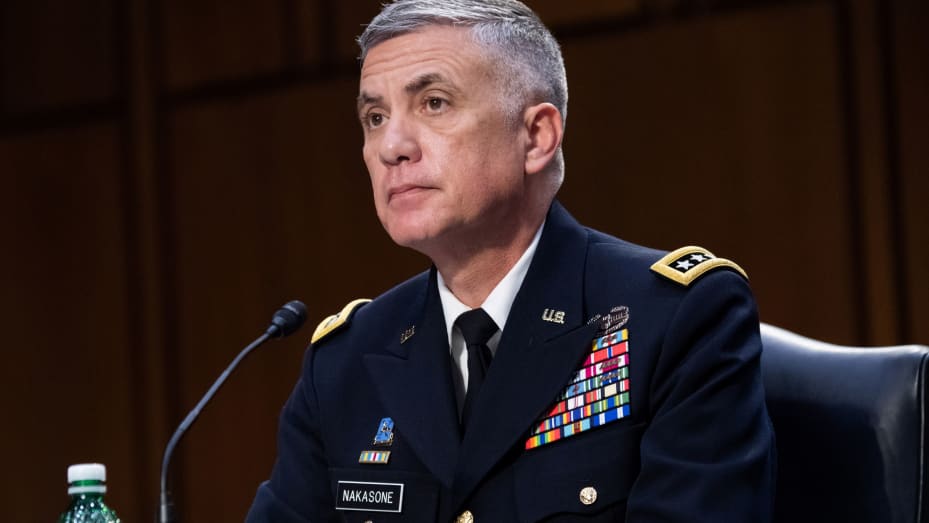OpenAI has announced the appointment of retired Gen. Paul Nakasone, former head of the National Security Agency (NSA), to its board of directors. Nakasone will also serve on the board’s security and safety subcommittee. This strategic move seems designed to address concerns about OpenAI’s rapid development and deployment of AI technologies without sufficient risk evaluation.
Key Points on Nakasone’s Appointment
- Expertise and Experience:
- Background: Nakasone brings extensive experience from his tenure with the U.S. Army, U.S. Cyber Command, and the NSA. His background is expected to provide valuable insights into cybersecurity and defense, areas critical to the secure deployment of AI technologies.
- Security Focus: His role will likely help OpenAI enhance its security measures, ensuring that AI advancements do not outpace the necessary safeguards to protect against potential risks.
- Addressing Criticisms:
- Risk Management: By appointing Nakasone, OpenAI aims to appease critics who believe the company has been too hasty in rolling out AI models and services. His expertise will contribute to more rigorous risk assessment and management processes.
- Regulatory Compliance: Nakasone’s experience with government operations and regulations will help OpenAI navigate the complex landscape of AI governance and compliance, particularly as it engages with government and defense sectors.
- Strategic Benefits:
- Institutional Knowledge: Nakasone’s deep understanding of cybersecurity threats and defense strategies will be instrumental as OpenAI seeks to strengthen its position in sectors frequently targeted by cyber attacks, such as healthcare, education, and finance.
- State and Military Connections: His connections within the state and military apparatus may also facilitate OpenAI’s expansion and integration into these areas, enhancing its credibility and operational capabilities.
- AI and Cybersecurity:
- Enhanced Detection and Response: Nakasone’s insights will aid OpenAI in developing AI solutions that can rapidly detect and respond to cybersecurity threats, potentially benefiting a wide range of institutions.
- Market Expansion: This move signals OpenAI’s intention to further explore and expand into the cybersecurity market, leveraging AI to offer advanced protection against cyber threats.
The Role of the Safety and Security Committee
Nakasone will join the newly formed safety and security committee, which is tasked with making recommendations on critical safety and security decisions for OpenAI’s projects and operations. However, the specific functions and operational details of this committee are still under development, especially as the company is undergoing a 90-day evaluation of its processes and safeguards. This committee will likely play a crucial role in ensuring that OpenAI’s innovations are securely managed and responsibly deployed.
Conclusion
Gen. Paul Nakasone’s addition to OpenAI’s board underscores the company’s commitment to bolstering its security and safety protocols amid rapid AI advancements. His extensive background in cybersecurity and defense will provide OpenAI with the expertise needed to navigate the complexities of AI deployment, enhance security measures, and address regulatory and ethical concerns. This strategic move also positions OpenAI to better serve industries vulnerable to cyber threats, while reinforcing its reputation as a responsible leader in the AI field.
